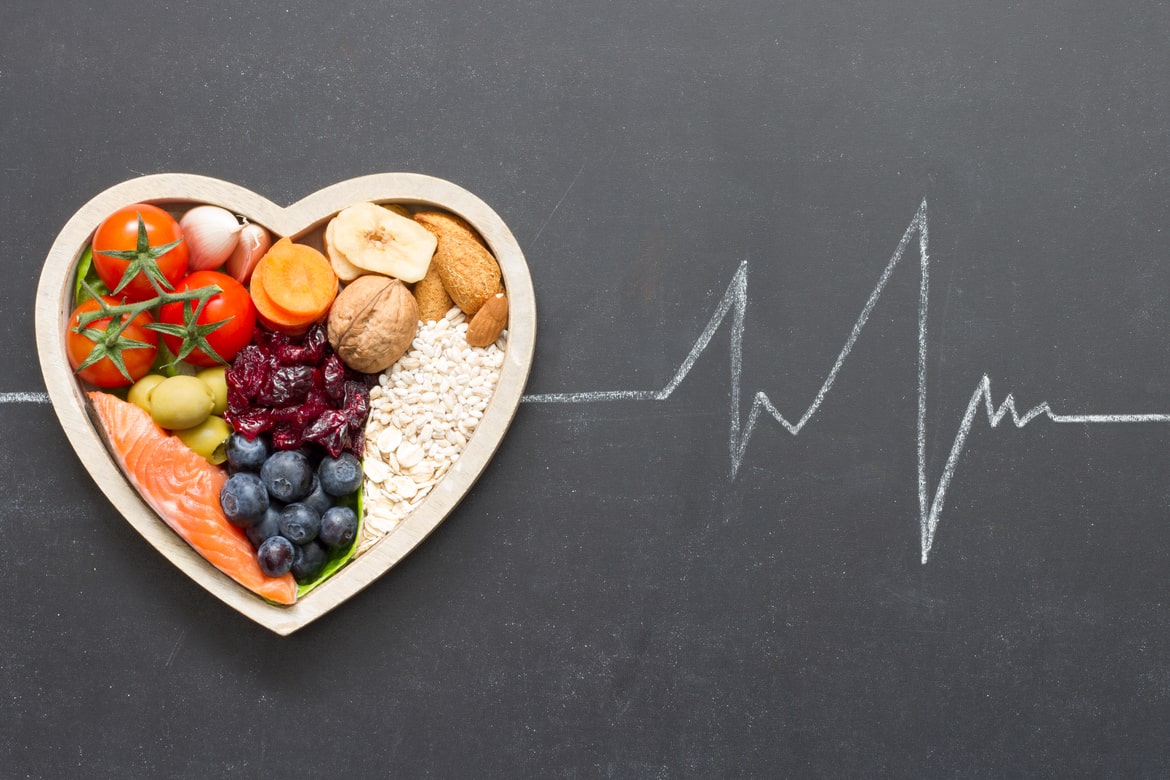
Why is High Cholesterol Bad for You?
03 Sep 2018
We all know that too much cholesterol is bad for your health. But why? Dr Sharon Ngoh, lead physician at Parkway Shenton, Ang Mo Kio Family Medicine Clinic, has the facts you need to know.
What is cholesterol?
Cholesterol is a fat-like, waxy substance that is found in the blood. Your body produces it naturally to help build cells, produce important hormones and make vitamin D. However, too much cholesterol in your system can be a problem.
There are 2 mains types of cholesterol: ‘good’, which, in technical terms, is known as high-density lipoprotein (HDL), and ‘bad’, which is known as low-density lipoprotein (LDL).
LDL leaves cholesterol deposits in your bloodstream, while HDL carries cholesterol deposits back to the liver to prevent a build-up in your blood vessels.
A high level of bad cholesterol will increase your chances of these deposits building up. This is known as plaque, and, if built up excessively, will cause your blood vessels to become harder and narrower. This condition is known as atherosclerosis.
Sometimes, plaque build-ups become unstable and rupture. When this happens, a blood clot may form, further clogging up your already narrowed blood vessel. A life-threatening heart attack or stroke can quickly ensue.
A build-up of triglycerides can also make this situation worse. Basically, any calories you eat that your body doesn’t use will be turned into triglycerides and stored in your fat cells. Higher-than-normal triglyceride levels also put you at an increased risk of cardiovascular disease, such as a heart attack or stroke.
How high is too high, and when should I seek treatment?

Unfortunately, high cholesterol in itself doesn’t have any symptoms. That means you won’t know you have it without visiting your doctor for a routine screening.
If you’re over 40 years old, you should definitely have your cholesterol levels checked on a regular basis – preferably at least every 3 years. If you’re below 40 years of age but know you’re at risk of heart disease, you should also undergo routine screening regularly.
Not sure if you’re at risk? Go for regular cholesterol screenings if you smoke cigarettes regularly, or have any of the following:
- Diabetes
- High blood pressure
- A family history of heart disease before the age of 50 in male relatives, or before the age of 60 in female relatives
- A family history of familial hypercholesterolemia (a condition that means your body is unable to remove LDL from the blood)
Here’s what your LDL readings might mean:
| LDL cholesterol levels (milligrams per decilitre of blood) | Category |
|---|---|
| Less than 100mg/dL | Ideal |
| 100 – 129mg/dL | Above ideal |
| 130 – 159mg/dL | Borderline high |
| 160 – 189mg/dL | High |
| 190mg/dL and above | Very high |
If you have recently had a cholesterol blood test and the levels are in the range of borderline high or high, consult your family doctor for a review. Depending on your personal risk status, your doctor may prescribe a cholesterol-lowering medication.
For triglycerides, a level of 2.3 – 4.4mmol/L falls into the high range.
How can I lower my cholesterol naturally?

Lifestyle changes are an integral part of managing high cholesterol. Taking a three-pronged approach to diet, weight and exercise is usually the most effective.
Maintaining a healthy weight has been shown to increase levels of HDL, while helping to lower total cholesterol and LDL levels. Regular exercise will help you to achieve this. If you have hypercholesterolemia (where your body cannot remove LDL deposits from your bloodstream), your doctor will probably recommended you complete around 150 – 300 minutes of moderate intensity exercise per week.
Adopting a diet that is rich in vegetables, wholegrain foods, legumes, fish, nuts and unsaturated fats, and low in trans/saturated oils, processed grains and sugar, can help to lower LDL levels by up to 15%. Avoid foods that contain high levels of saturated fat, such as butter, ghee, fatty meat and meat products like sausages, coconut oil and cream, as well as full-fat cheese and milk. Restricting your cholesterol intake to less than 300mg per day will also help to reduce LDL cholesterol levels.
Bear in mind that drinking lots of alcohol (more than 60g per day) can increase triglyceride levels. By cutting down your alcohol intake, you not only reduce triglycerides in your system, but you also help to raise HDL cholesterol levels.
If your triglyceride levels are high, try limiting your intake of simple sugars to less than 10% of your total daily calories. Junk food like ice cream, cookies, cakes and candy, for example, contains white table sugar, which has no nutritional value and is usually high in fat and calories.
Many fruits also contain simple sugars, but you do need fruit to get important nutrients such as vitamin A and C, folic acid, fibre and potassium. You should always try to eat 2 servings of whole fruit per day. Just exercise caution when it comes to canned fruit and fruit juices, as these often contain sweet syrups that reduce the nutritional content.
Quitting smoking will also benefit your overall cardiovascular health and HDL cholesterol levels, so if you’re a smoker, do consider giving it up.
Article contributed by Dr Sharon Ngoh, lead physician at Parkway Shenton, Ang Mo Kio Family Medicine Clinic




